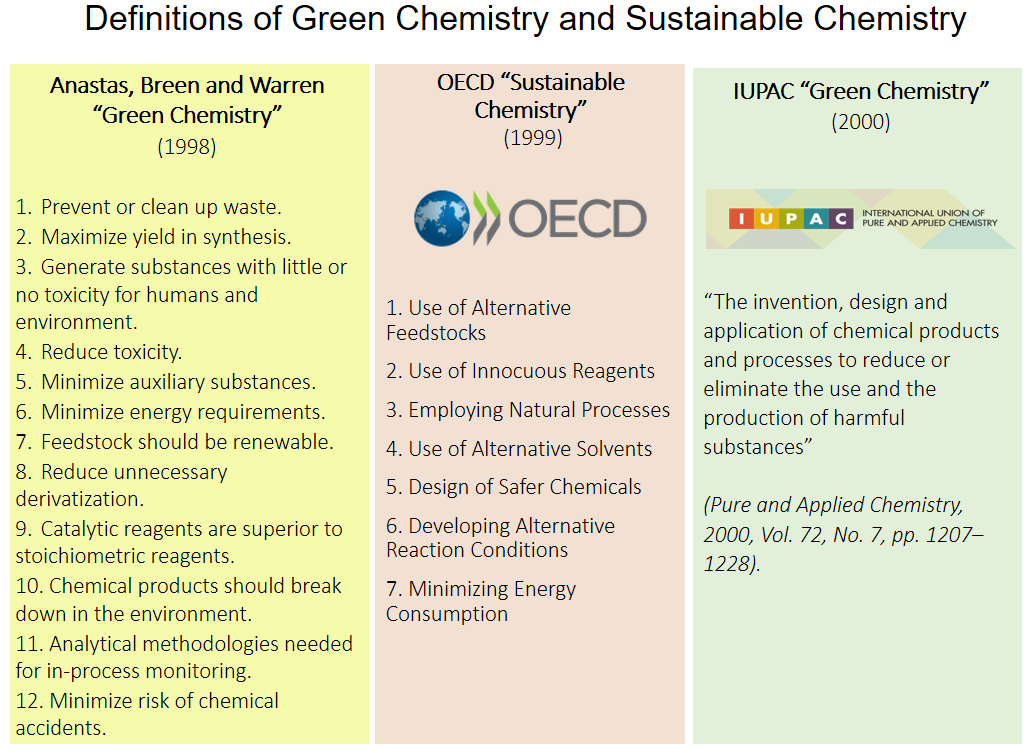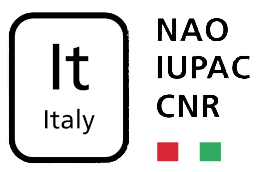Sustainable Development through Green Chemistry
The Green Chemistry concept was first developed by Joseph Breen, Paul Anastas and Tracy Williamson in 1998:
“The invention, design, and application of chemical products and processes to reduce or
to eliminate the use and generation of hazardous substances.”
The concept was followed by IUPAC and at the center of the debates and the special topic issue of IUPAC Journal Pure and Applied Chemistry compiled in 2000 by the Working Party on Synthetic Pathways and Processes in Green Chemistry.
Green Chemistry is a fundamental element of sustainable development since it touches many aspects of the environment and human welfare and it is relevant to the 17 Sustainable Development Goals set by the United Nations in 2015.

Irina Bokova, Director-General of UNESCO, in her address on the occasion of the PhosAgro/UNESCO/IUPAC Award-Giving Ceremony (Grants for research projects proposed by young scientists in green chemistry); St Petersburg, 2 June 2017 said that:
“We need chemistry to move forward the 2030 Agenda for Sustainable Development.
We need chemistry to eradicate poverty.
We need chemistry to bolster health.
We need chemistry to mitigate the impacts of climate change
In a word, we need chemistry for human rights and dignity, to leave no one behind.Not just any chemistry.... We need green chemistry... sustainable chemistry...chemistry that respects the boundaries of the planet...chemistry that is inclusive, that works for the benefit of all...Indeed, the modern world, as never before, needs green chemistry.”

The adjectives “green” and “sustainable” have often a somewhat different connotation according to the Country where they are used.
Green/Sustainable Chemistry is present in all Countries around the world, playing a central role in research, cooperation, initiatives, networks, education and university courses.
Each Country asks chemistry to resolve their own needs and this is a good thing, because it conveys a very positive image to science in general and to whole chemistry.




